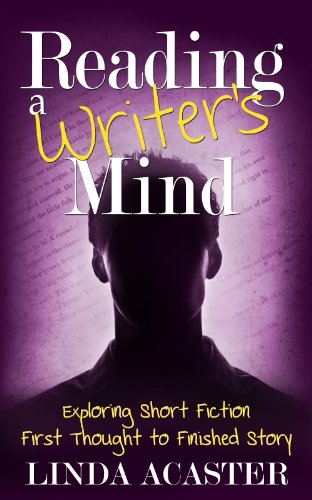In the last of the short series on the wealth of information offered by members, here's a round-up of their useful self-help titles.
April Taylor was a chartered information professional in a previous life, and she's put her experiences to good use.
This short guide is intended to help solve the problems encountered by novelists researching on the Net.
It includes sections on where to search, how to search, evaluating
information found, staying safe and within copyright, using images, and a whole host more.
This is one of those no-nonsense guides which does what it says on the cover. It explains terminology used by tutors, the format and appearance of the finished dissertation, how to manipulate software and the likely
problems the software will throw up. There is also advice on how to
manage your project and your time. Nineteen 4* and 5* reviews can't be wrong.
Stuart Aken also brings his personal experience to bear, but in a very different context.
Stuart charts his journey, and recovery, giving hope to other sufferers of CFS/ME. There's plenty of practical advice, and a useful list of hyperlinks in the ebook. It is also available as a paperback. A portion of the profits goes to the charity "Action for ME" which he considers was instrumental in pointing him in the right direction. The reviews from other suffers speak for themselves.
Penny Grubb may have been awarded a Dagger from the Crime Writers' Assocation but, wearing her non-dastardly hat, Dr Penny Grubb is a scientist and university lecturer, hence her book titles.
Where’s the best place for a novel to start? How do you tell? How to lift a scene that seems to drag? The included toolkits lead through it all to give the components needed for every stage of writing a novel.
Having been a part of academia since the 1980s, Penny has helped a vast number of students new to higher education study. Today, a higher proportion come not from sixth forms or after a gap year, but at an older age having worked in industry and with family commitments in tow.
The book, split into easy to negotiate sections, sets out what's needed, and how to upgrade necessary skills sets. It also contains a detailed study of a once notorious case of skewed thinking and manipulative writing that began with Mr J and his green fur coat.
Software Maintenance: Concepts and Practice
An academic best-seller in use in universities around the world. Published in two editions, it has the dubious distinction of appearing on a list of ‘Most pirated books’, which, sadly, means an updated 3rd edition will not be published.
The 2nd edition contains a detailed case study of the once notorious Therac-25 software bugs that visited death and injury on many people over several years.
 Linda Acaster
Linda Acaster brings us back to writing creatively with an in-depth view borne of explaining concepts during several years facilitating a teaching course.
Reading A Writer's Mind: Exploring Short Fiction - First Thought To Finished Story
The book is distinguished from many in its field by reproducing ten of the author's short stories, in various genres, and explaining the rationale behind the choices made during the writing of each. Exercises, in the writing of full pieces of fiction, are included.
I'm sure you'll agree, what an interesting lot we are!






